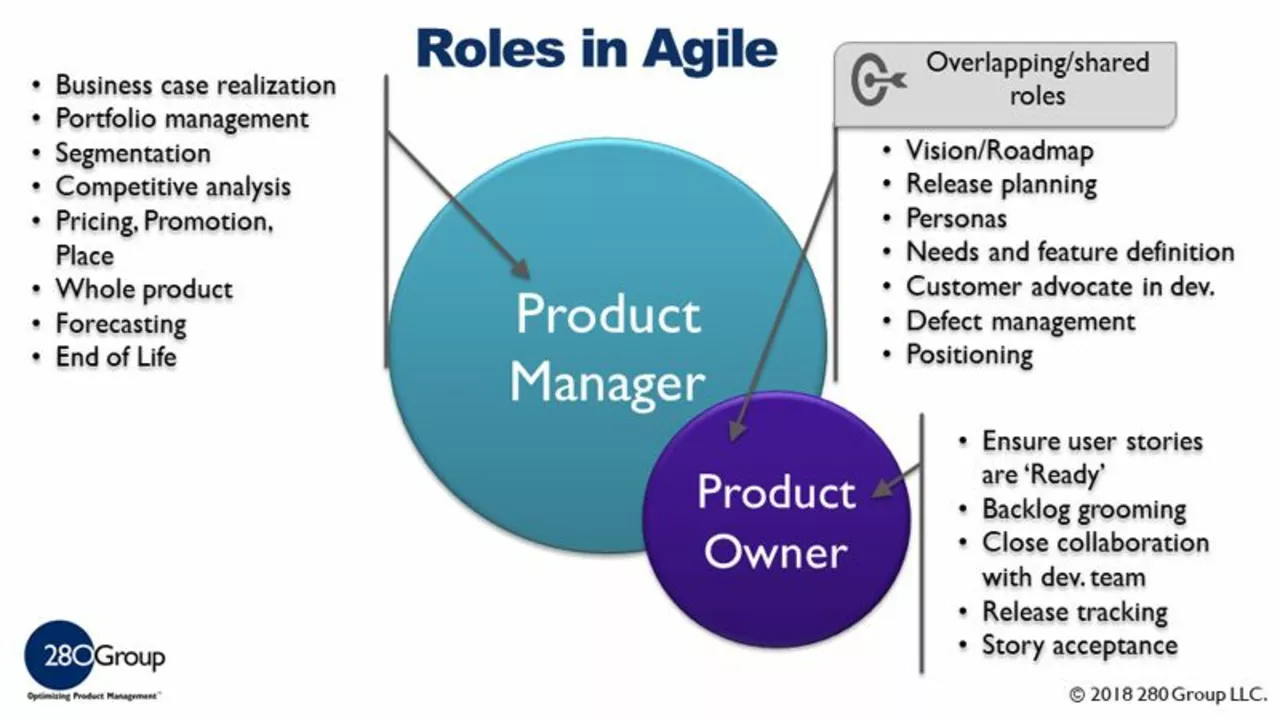Introduction to Business Analysts
In the world of business, there exist a variety of roles that are crucial to the successful operation of an organisation. One such role is that of a business analyst. As a business analyst, you're tasked with understanding the needs of a business, interpreting those needs, and proposing solutions to help the business achieve its goals. This role is incredibly diverse, and as such, there are different types of business analysts. In this article, we'll delve into the different types of business analysts, giving you a comprehensive overview of this fascinating role.
Operations Business Analysts
Operations Business Analysts are an integral part of any business. Their main focus is to ensure that the operations of a business are running smoothly and efficiently. They do this by analysing the current operations, identifying potential areas for improvement, and proposing solutions to address these issues. Operations Business Analysts often work closely with the operations team, so a solid understanding of the business's day-to-day operations is crucial. This type of analyst is usually found in manufacturing or production companies, but they can also be found in service-based businesses.
Systems Business Analysts
Systems Business Analysts are the bridge between the IT department and the rest of the business. They are responsible for understanding the technological needs of the business and translating those needs into technical requirements that the IT team can work with. They analyse the current systems in place, identify any gaps or inefficiencies, and propose solutions to address these issues. Systems Business Analysts need to have a solid understanding of both the business and technology, making this a challenging but rewarding role.
Financial Business Analysts
Money is the lifeblood of any business, and Financial Business Analysts are the heart that keeps it pumping. They are responsible for analysing the financial health of a business, identifying any areas of concern, and proposing solutions to address these issues. Financial Business Analysts need to have a strong understanding of finance, accounting, and economics, making this a role that requires a specific set of skills. This type of analyst is often found in banks, investment firms, and other financial institutions.
Marketing Business Analysts
The success of a business often hinges on the effectiveness of its marketing strategy, and that's where Marketing Business Analysts come in. They are responsible for analysing the success of marketing campaigns, identifying areas for improvement, and proposing new marketing strategies. They need to have a solid understanding of marketing principles, and often need to be familiar with a variety of marketing tools and platforms. This type of analyst is usually found in marketing agencies or in businesses with a strong focus on marketing.
Human Resources Business Analysts
People are a business's most valuable asset, and Human Resources Business Analysts are responsible for ensuring that this asset is well managed. They analyse the human resources practices of a business, identify areas for improvement, and propose solutions to address these issues. Human Resources Business Analysts need to have a solid understanding of HR practices and principles, making this a role that requires a specific set of skills. This type of analyst is often found in larger businesses that have a dedicated HR department.
Data Business Analysts
In the age of information, data has become a valuable commodity. Data Business Analysts are responsible for managing and interpreting this data to provide valuable insights to the business. They analyse the data collected by the business, identify trends and patterns, and propose solutions based on these insights. Data Business Analysts need to have a strong understanding of data analysis techniques and tools, making this a role that requires a specific set of skills. This type of analyst is often found in businesses that collect and use large amounts of data.
